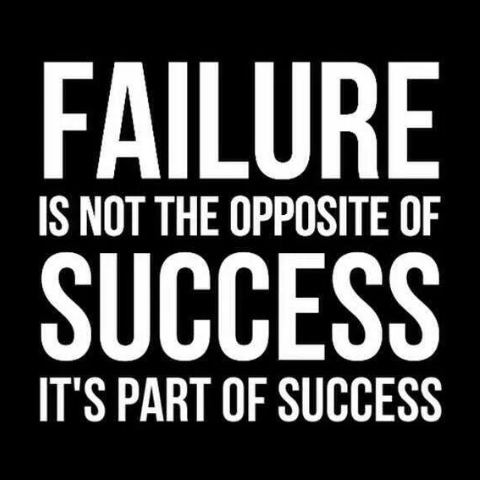Cell Phones in the Workplace
By James Pruitt, Senior Staff Writer
The Age of Cell Phones has brought new challenges to the workplace, both for managers and their staff. Cell phones can distract managers, the employees themselves, and coworkers, and relevant policies should address all safety and productivity concerns.
Cell phones these days permeate society, and workers may see them as a necessity. Hence, blanket cell phone prohibitions may only hurt morale. Accordingly, managers should consider the right times and places, as well as the correct uses, for cell phones. Considerations may include safety, relevant work tasks, and proximity to other workers.
For example, bans on cell phone use while driving go without saying. In these cases, employers may need to ensure the phones are not only off, but possibly even out of reach. Also, consider job tasks that implicate the privacy of others.
These safety concerns are the most obvious problems. Operators of heavy machinery, delivery people, and health care workers can not only sabotage their own work but that of others with careless cell phone use. Some companies in such cases may even go so far as to ban the physical presence of cell phones on the premises.
However, outright bans are generally unnecessary and often backfire. Absent a life-or-death situation, “reasonable use” should govern the management approach. After all, cell phones have become a day-to-day necessity, and have so thoroughly permeated life that strict cell phone policies could even damage employee retainment, not to mention everyday morale. Excessive bans are simply not good practice.
Employers report a 28% increase in mistakes after a phone call, and 75% of employers estimate that distractions slice over 2 hours of productivity from the workday.
Overall, employees should exercise proper etiquette with cell phone use. However, we all have our slips, foibles, and blind spots. Hopefully, workers know to turn off their ringers, take calls in private, and of course not take their phones into the bathroom. Finally, texting may replace loud talking on the phone. Habitual offenders may need a discussion with the boss.
As for concrete policy recommendations, the following common maxims could address any problems:
- Workers may not use work cell phones for personal tasks.
- Personal cell phones may not be used for work tasks.
- Due to the possible use of cameras, no cell phones should be used in proximity to confidential information.
- No use of cell phones for gaming or surfing the internet during work hours.
Other policies may vary depending on the workplace, especially those related to safety.
Remember the importance of balance between the interests of employee, employer, and coworkers. Fairness dictates that no one employee neglect their work due to cell phone use. After all, some studies suggest that 55 % of distractions do come from cell phones.
No one, managers or employees, wants to pry into a worker’s use of their own property. However, one worker who is always on the phone easily can burden the rest of the office, the business, and indirectly, customers. Hence, offices should implement clear cell phone policies as well as actively encourage mindfulness and good manners, while respecting reasonable use when necessary.
VAMBOA, the Veterans and Military Business Owners Association hope that part one of this two-part mini-series has not only been valuable but provided some unique perspective. Stay tuned for the next article.
We work hard to bring you important, positive, helpful, and timely information and are the “go-to” online venue for Veteran and Military Business Owners. VAMBOA is a non-profit trade association. We do not charge members any dues or fees and members can also use our seal on their collateral and website. If you are not yet a member, you can register here: https://vamboa.org/member-registration/
We also invite you to check us out on social media too.
Facebook: https://www.facebook.com/vamboa
Twitter: https://twitter.com/VAMBOA
Do not forget that VAMBOA members receive significant discounts on technology needs. Check them out here: https://vamboa.org/dell-technologies/















